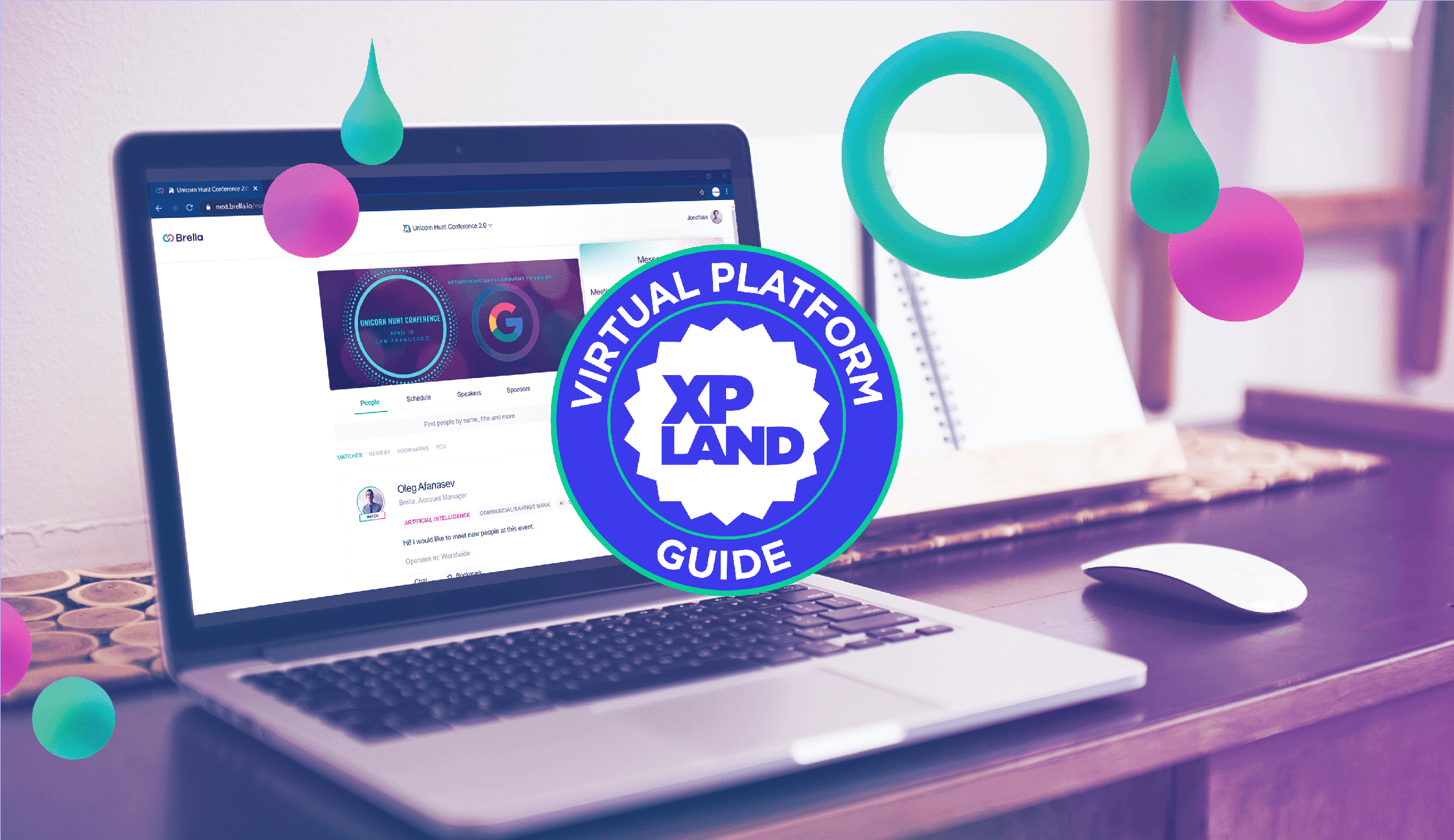Meet your match: Meaningful networking on virtual platforms

Meaningful event networking is difficult — attendees often come from different industries, have different interests, and, when trying to figure out who to connect with, there really isn’t much to go on aside from a name, maybe a company and a profile pic. Plus, the whole thing is just awkward. To make sure participants in virtual networking exercises — whether they’re dealmaking sessions or cocktail events — are getting the most out of their time, it’s key to use platforms that gather sufficient information on attendees to facilitate connections that make sense. That’s exactly what matchmaking platforms do. The way that information is collected varies between platforms, but generally the technology uses questionnaires to collect the relevant info from participants and then leverages that data to identify matches. AI-powered connections are a crucial tool for informed networking, which, when done right, can result in valuable outcomes ranging from lead generation to partnerships and new jobs. When you log in to a Brella event, for example, you’re asked questions in a variety of categories so that the platform can match you up with other attendees that have compatible answers. Are you looking for a job? Your suggested contacts will probably be...